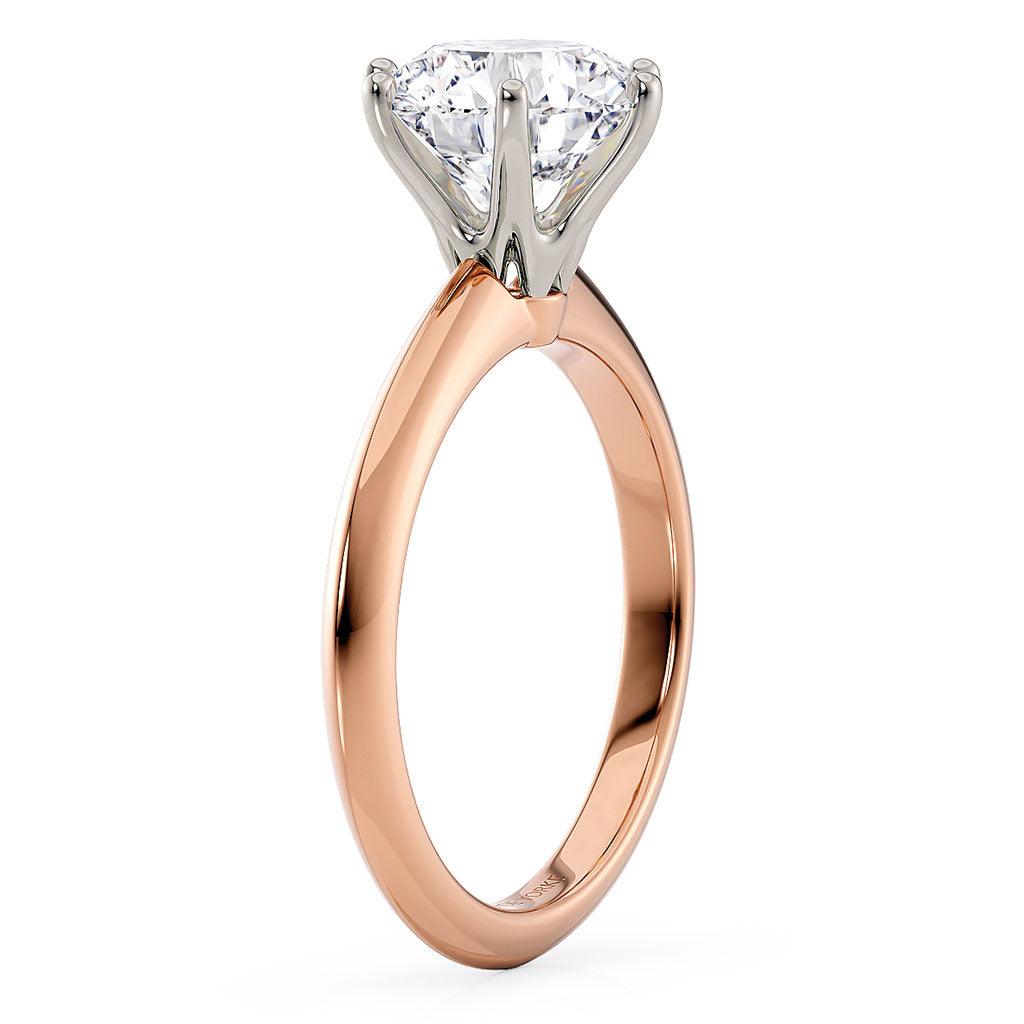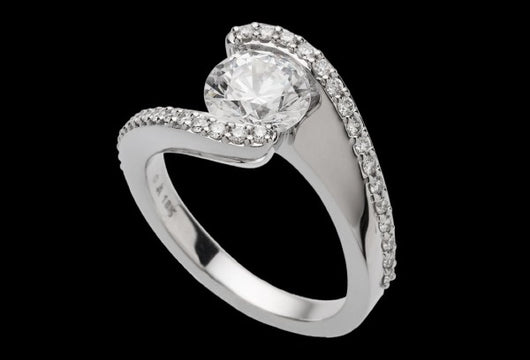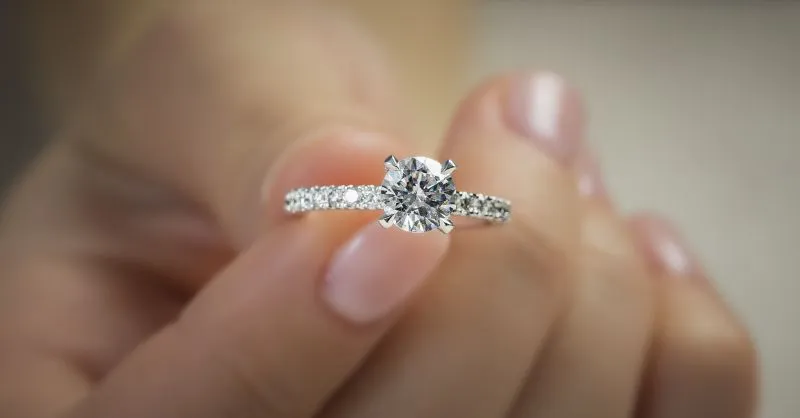The Truth Behind Recycled Gold in Jewellery

Lately, the expression “recycled gold in jewellery is a lie” has become increasingly popular among buyers seeking sustainable choices. However, there is a growing debate surrounding this idea. Many argue that the idea of recycled gold in gems is a lie, as it often lacks transparency and may not offer the environmental advantages that shoppers anticipate.
Understanding Recycled Gold
To grasp the implications of the phrase “recycled gold in gems is a lie,” it’s essential to understand what recycled gold really means. Recycled gold alludes to gold that has been reused from old adornments or electronic waste rather than mined from the earth. While this sounds environmentally agreeable, the reality is more mind boggling. The processes involved in recycling gold can be asset intensive and may not always be as green as they are portrayed. This leads to the argument that recycled gold in gems is a lie, as it may not significantly decrease the environmental impact associated with gold creation.
The Environmental Impact of Gold Mining
Gold mining is notorious for its detrimental impacts on the environment. The extraction process involves significant land disturbance, deforestation, and contamination of local water sources. These issues have led to a rise in the demand for alternatives, like recycled gold. However, when we say recycled gold in gems is a lie, we should consider that while recycling may mitigate a portion of the harmful impacts, it doesn’t eliminate them. The recycling process itself can add to environmental degradation in the event that not managed as expected, highlighting the intricacy of the narrative around recycled gold.
The Financial aspects of Recycling Gold
Another aspect to consider is the financial matters surrounding recycled gold. While many brands market their adornments as containing recycled gold, the percentage of actual recycled content can mislead. Often, companies mix recycled gold with recently mined gold, which diminishes the purported advantages of using recycled materials. This raises the subject of authenticity. At the point when we claim that recycled gold in gems is a lie, we emphasize the requirement for transparency in the gold store network. Customers have the right to know exactly what they are purchasing and the genuine wellspring of the materials utilized.
Misleading Marketing Claims
The adornments industry is overflowing with marketing jargon that can confound buyers. Many brands advance their items as being made with recycled gold, creating an impression of sustainability. However, without stringent regulations and certifications, it is easy for companies to mislead buyers. The phrase recycled gold in gems is a lie features the need for more rigorous standards in the industry. Customers ought to be wary of companies that utilization this term without providing clear proof of the recycled content in their items.
The Importance of Certification
To counter the misleading claims surrounding recycled gold, certification frameworks have arisen. Organizations like the Dependable Gems Committee and Fairmined give frameworks to ensuring that recycled gold is obtained ethically and sustainably. However, many gems brands don’t participate in these certification programs, allowing them to continue making questionable claims about their items. Consequently, the assertion that recycled gold in gems is a lie turns out to be more relevant. Customers need to demand proof of certification to guarantee that they are making capable purchases.
The Purchaser’s Part in Promoting Transparency
As shoppers become more informed, they have the ability to drive change within the gems industry. By questioning the authenticity of recycled gold claims and supporting brands that prioritize transparency, buyers can challenge the narrative that recycled gold in gems is a lie. It is essential for purchasers to educate themselves about the items they purchase and the practices behind them. Just through informed decision-making can shoppers consider companies accountable for their claims regarding recycled gold.
Alternatives to Recycled Gold
While the debate over recycled gold in gems continues, worth exploring alternatives may offer a more sustainable approach. man made diamonds and synthetic gemstones are gaining popularity as ethical decisions that don’t involve mining. Additionally, vintage and antique gems give an exceptional choice that inherently contains recycled materials without the associated processing concerns. Consequently, the argument that recycled gold in gems is a lie may lead customers to think about these alternative avenues for ethical and sustainable purchasing.
Conclusion: A Call for Genuineness in the Industry
The conversation surrounding recycled gold in gems is critical as we make progress toward more sustainable practices in the adornments industry. While recycling gold has its advantages, it is essential to perceive that the idea is often blurred by marketing tactics and lack of transparency. By asserting that recycled gold in gems is a lie, we advocate for a more genuine and open dialog about the sources and processes involved in gold creation. As purchasers, we hold the ability to influence the industry and demand accountability, ensuring that our decisions really mirror our values.





